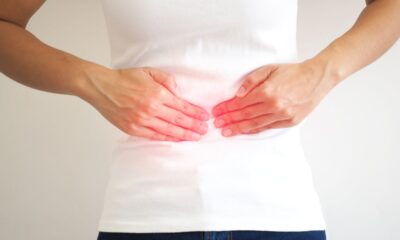Health
What causes male cystitis and what are the remedies?

What does male cystitis depend on and what are the possible remedies? Let’s see what there is to know about an often underestimated disorder.
It is commonly believed that cystitis is a disorder that affects only women , in reality, although this infection is more common in women, its presence in males cannot be ruled out. Male cystitis is an infection that affects the bladder and can have a bacterial origin, but as we will see, there are other triggers as well. So let’s see what there is to know about the origin of this infection and what can be done to prevent and treat it.
Man cystitis: causes and symptoms
Why does cystitis come to humans? As with women, the infection when it affects men can often be caused by bacteria. For physiological reasons, since the urethra is shorter in women than in men, the ascent of bacteria is easier. Consequently, the infection can affect women more frequently, however it cannot be ruled out in men as well. The causes, therefore, regardless of gender are the same and include: bacterial infections , use of drugs or medical devices such as catheters. There are also cases in which it is difficult to trace the causes that caused the disorder, as happens in the case of interstitial cystitis .

Symptoms of cystitis in men are comparable to those that occur in women and include pain in the lower abdomen and burning when urinating. In some cases you may have frequent urination or you may have more difficulty urinating. Let’s see what can be done for prevention and what remedies exist.
Man cystitis: possible remedies
In the presence of symptoms it is good to contact your doctor and possibly also consult a specialist. In the event that the origins of the infection are bacterial, the doctor may prescribe antibiotics , but if the causes are not infectious it will not be necessary.
In this case, prevention is even more important than the remedies themselves, good habits such as proper intimate hygiene and the use of breathable and cotton underwear can reduce the multiplication of bacteria. Avoiding retaining urine is also important, as it may help bacterial growth. Finally, drinking enough and generally two liters of water a day is an excellent prevention because it prevents urine from stagnating in the bladder.
Riproduzione riservata © - WT











